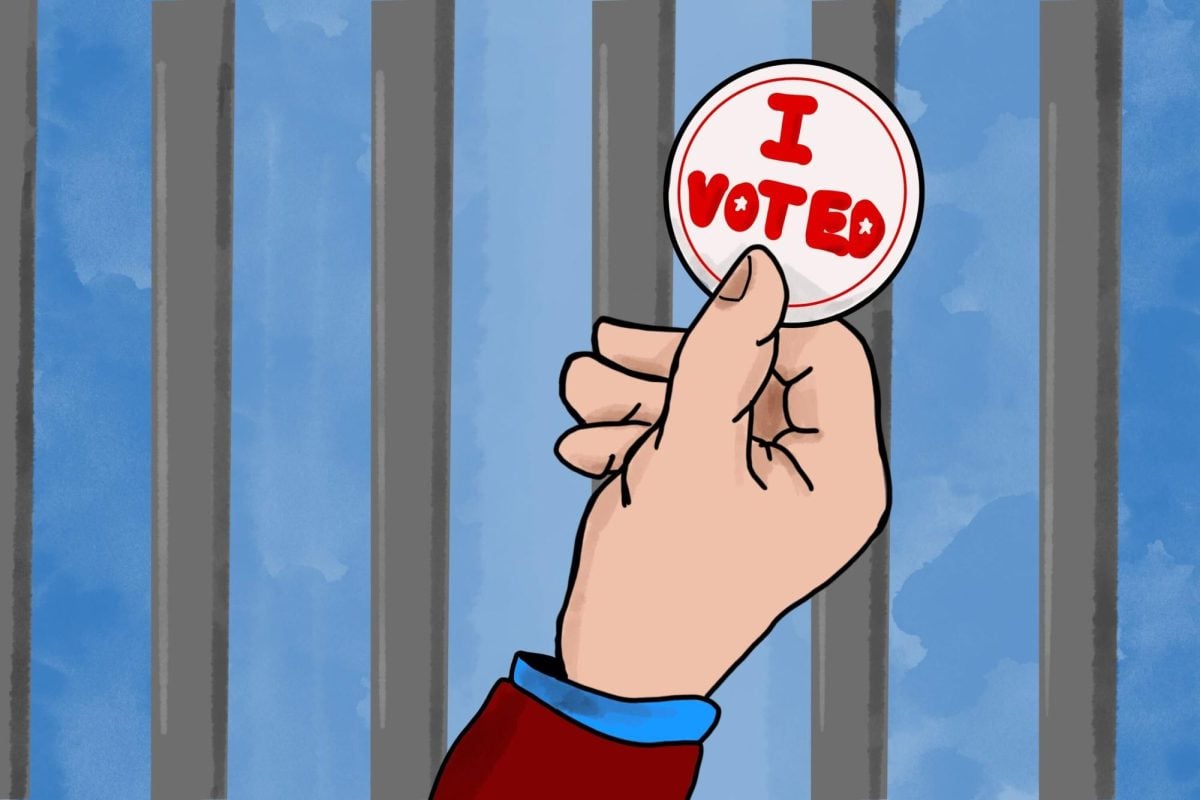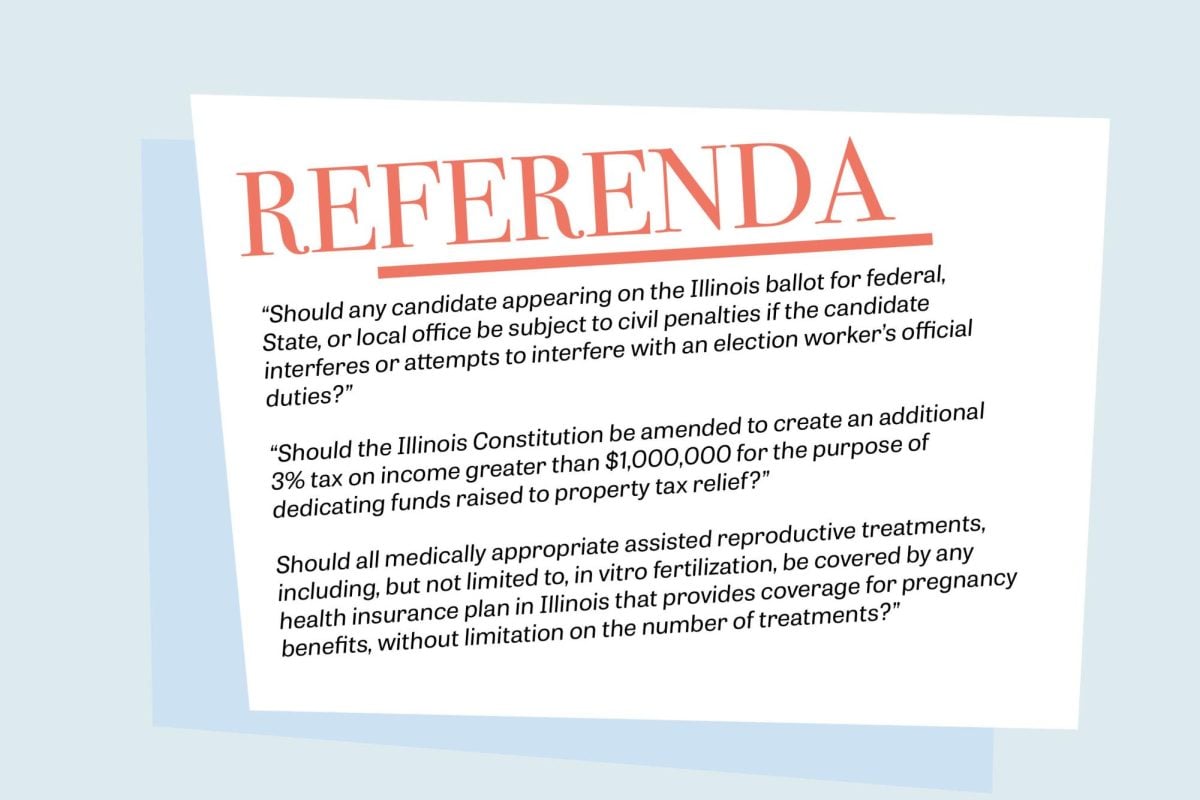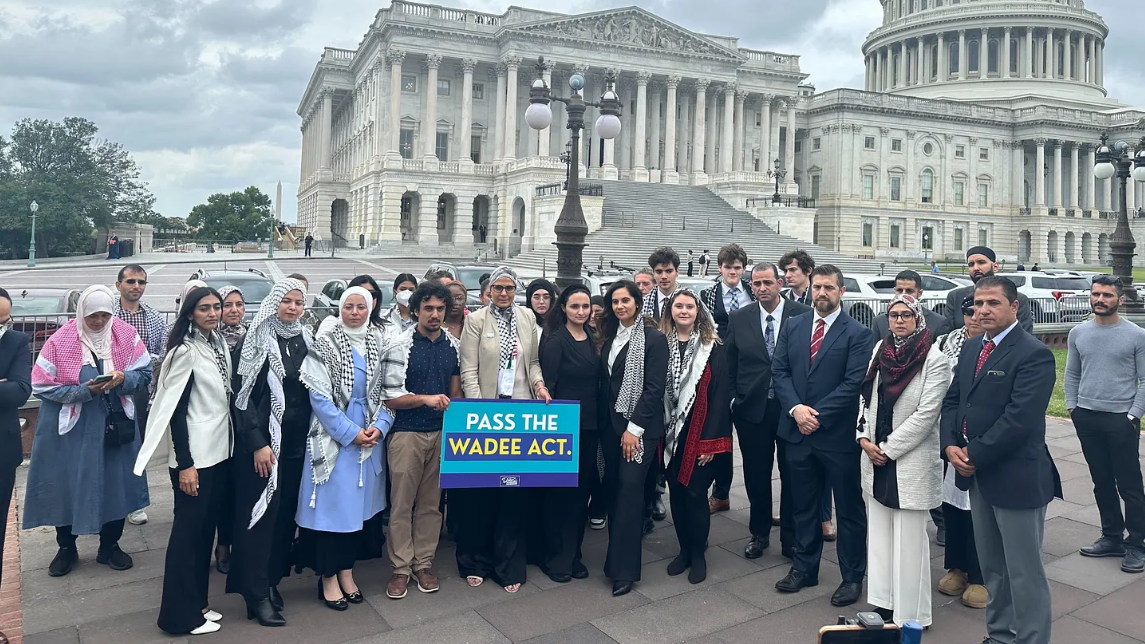Every day, Melissa Jones, a freshman at Harry S Truman College, rushes home at 7 p.m. She puts her two-year-old son to bed two hours later and then begins her homework. She also works at a nightclub on weekends.
In addition to those responsibilities, Jones is taking a full course load this semester at her school, which is located at 1145 W. Wilson Ave. in Chicago. The criminal justice major said she wants to become a detective.
“It is hard,” she said. “But it will pay off in the end.”
President Barack Obama likely had students like Jones in mind when he delivered the 2012 State of the Union address Tuesday. In his speech to the nation, the president committed to forging a partnership between community colleges and businesses to help train and place two million skilled workers in jobs across the country.
Chicago Mayor Rahm Emanuel – also Obama’s former chief of staff – is already implementing these reforms in the City Colleges of Chicago, the city’s community college system.
In a Jan. 20 speech delivered at the winter United States Conference of Mayors, Emanuel outlined the College to Careers program he initiated in Chicago in December, and urged other mayors to take similar action.
That program matches the City Colleges of Chicago with partners from high-growth industries to develop training that addresses the requisite skills in those industries.
“We need to modernize our community colleges so that Americans don’t think of community colleges as a last-ditch effort for a remedial education, but as their first choice for high-skill job training,” Emanuel said.
Chicago suffers from a 10 percent unemployment rate, yet has more than 100,000 available jobs without skilled workers to fill them, he said in his speech.
Under Emanuel’s initiative, Malcolm X College in Chicago will work with partners including Northwestern Memorial Hospital and Walgreens to develop a curriculum and faculty focused on health care. Olive Harvey College in Chicago will concentrate on transportation and logistics, working with companies such as United Parcel Service and the defense company AAR Corp.
“It is incumbent on community colleges to ensure that students have access to quality programs that prepare them for success,” City Colleges Chancellor Cheryl Hyman said in a statement Tuesday.
Emanuel’s initiative comes at a time when Illinois community colleges are under fire for chronic underachievement. Lt. Gov. Sheila Simon released a report Jan. 19 that found fewer than one in five high school graduates enrolled in the state’s community colleges graduates with a certificate or degree in three years.
City Colleges ranked lowest in Simon’s report, with an average graduation rate of 7 percent last year.
“The colleges need to understand that open-door admissions policies are not an excuse for revolving doors,” Simon said in the report. “As a state, we must stay focused on the finish.”
Simon identified two key areas of reform in her report: math and transparency.
She recommended high schools offer four years of compulsory math classes to reduce the number of students who require remedial classes in college, which do not count toward graduation. Colleges should also publish annual school report cards on student success rates with course completion, she added.
Graduation rates need to be balanced against students’ academic foundation, said Ana Vargas, a spokeswoman for City Colleges. Ninety percent of incoming freshmen at City Colleges have to take remedial classes, she said.
“You need to put it into a little bit of context,” Vargas said. “City Colleges, like all community colleges, accept everyone into the system.”
Peter Dinges, dean of students at St. Gregory the Great High School, 1677 W. Bryn Mawr Ave., said he doubts a four-year compulsory math program will better prepare students for college.
“The problem tends to start much earlier,” Dinges said. “Students don’t come to high school on a level playing field.”
He added graduation rates are, “not the students’ biggest concerns,” when they choose community colleges.
Graduation rates do not always reflect college success either, said Debbie Cochrane, program director at the Institute for College Access and Success, a nonprofit that advocates for affordable higher education.
“It’s important to look at not just students who complete degrees, but also those who complete shorter-term certificates and those who transfer to four-year institutions,” Cochrane said.
She also said she cautions against rushing to cut funding to community colleges.
“With state budgets as they are in recent years, community colleges have been increasingly asked to do more with less,” Cochrane said.






